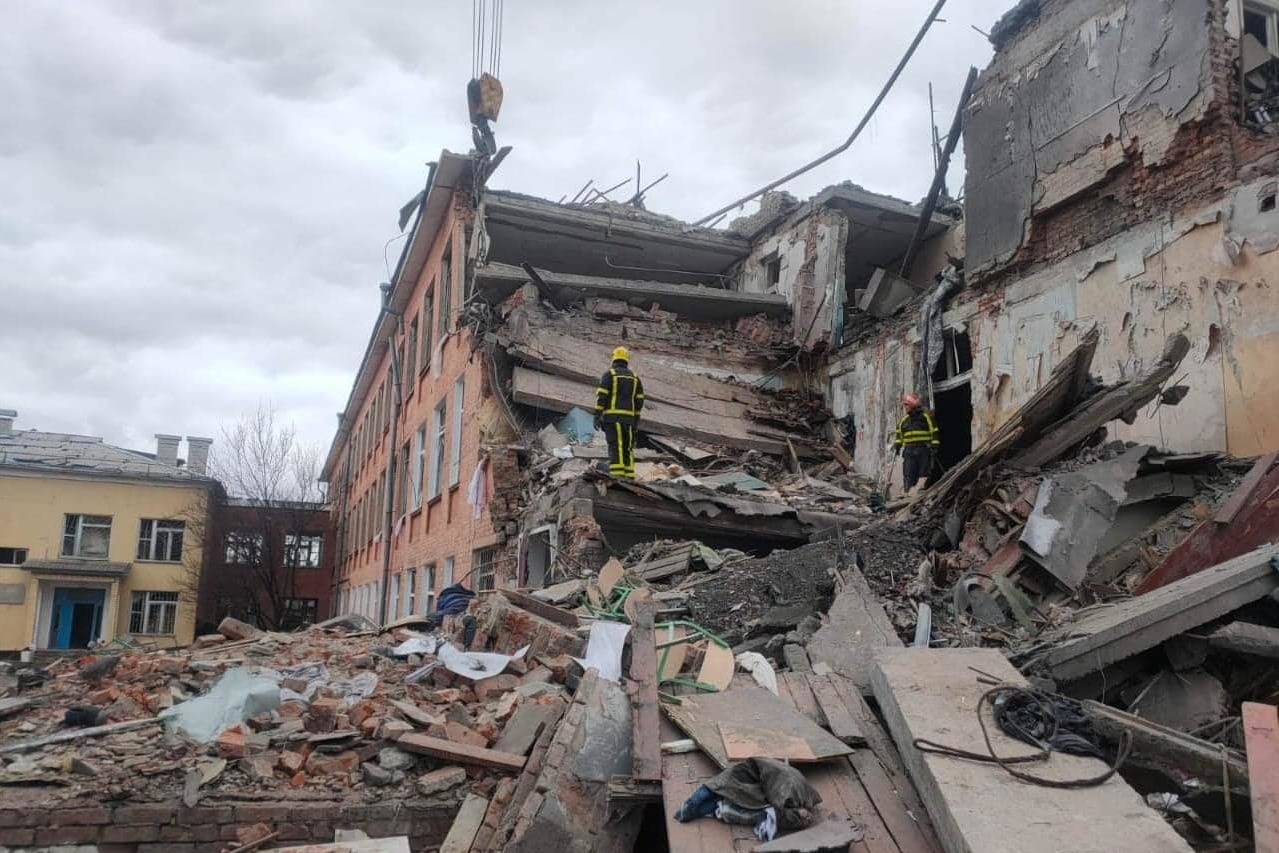This is not a drill

Ben Johnson -As the war in Ukraine continues to rage, schools have had to adapt to the changing circumstances. Russian attacks on Ukraine's power grid have left many without electricity, leaving schools to rely on small generators to keep the lights on. Teachers, parents, and students have responded to these changes by forming complex networks across and outside the country.
Networks refer to nodes connected to accomplish an overarching function. Illustrating this concept is the way meals are distributed among schools. Most schools can’t power their cafeterias, making hot meals impossible to prepare. However, other schools nearby with access to power make extra hot meals that are then distributed to those without electricity. Meals are prepared, picked up by drivers, and then dropped off to teachers and staff. A relatively simple task like this involves several different nodes, each requiring various people. Another example of a network within the school system is the combination of online and in-person learning. While many students have chosen to physically attend, a third to half attend virtually from their homes or outside the country. Some parents feel it is safer to have their children remain at home due to the constant threat of bombing. Those who have chosen to attend school in person continue to work on homework and lessons while physically taking shelter in the basement as sirens signal the possible threat of an incoming strike. Those attending classes virtually from outside the country represent an essential aspect of networks; networks are not limited to operations within one territory. Nodes, in this case, teachers and students, can interact regardless of boundaries. Some nodes don’t even exist in a geographical location but are a collection of individuals working in different places.
A significant factor in these schools' success is their ability to adapt to difficult circumstances. This resourcefulness is a large part of Ukrainian national identity, or how people feel attached to their nation and each other. Thus, networks continue to form to solve new problems, further strengthening Ukrainian resolve and pride.
Image Source: Міністерство внутрішніх справ України, Mvs.gov.ua, CC BY 4.0, via Wikimedia Commons.

